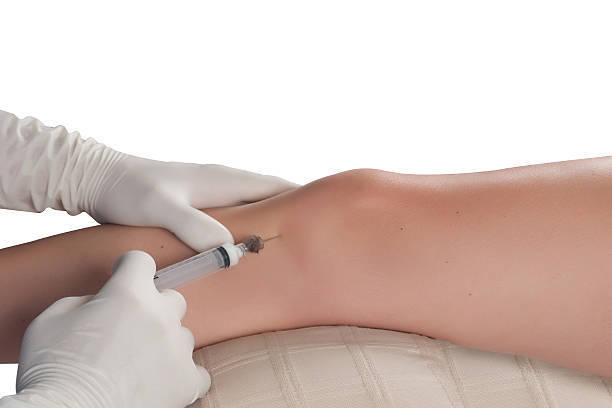
Platelet-Rich Plasma (PRP) therapy has gained significant attention as a natural and regenerative treatment for joint pain, hair loss, skin rejuvenation, and injury recovery. At Tulsi Wellness Club, we specialize in PRP treatments, helping our clients achieve optimal wellness through cutting-edge, natural healing solutions.
However, despite its popularity, PRP remains a controversial treatment in the medical community. Some practitioners and researchers praise it for its potential, while others argue that more scientific evidence is needed to confirm its effectiveness. So, why is PRP controversial? Let’s explore the main reasons behind the debate.
Lack of Standardization in PRP Therapy
One of the biggest issues with PRP therapy is that there is no universal standard for how it should be prepared or administered. Since PRP is derived from a patient’s own blood, the concentration of platelets and growth factors can vary significantly depending on:
The technique used to extract and process the blood
The centrifuge speed and duration
The amount of platelets injected into the treatment area
Because different clinics and providers use different methods, the results can be inconsistent. Some people experience significant benefits, while others see little to no improvement. This inconsistency raises skepticism among some medical professionals.
Limited Large-Scale Clinical Studies
While there are numerous small studies supporting PRP’s effectiveness for joint pain, hair restoration, and skin rejuvenation, there is still a lack of large-scale, double-blind, placebo-controlled trials—the gold standard in medical research.
Skeptics argue that PRP’s benefits may be due to a placebo effect, meaning that patients feel better simply because they expect to, rather than because PRP is actually working. While existing studies show promising results, more rigorous clinical trials are needed to confirm PRP’s true effectiveness across different conditions.
PRP Is Not FDA-Approved
Another reason for PRP’s controversy is that the FDA (Food and Drug Administration) has not officially approved PRP therapy for any specific medical condition. PRP is considered an experimental or investigational treatment in many cases, which means:
Insurance companies often don’t cover PRP treatments
Some doctors remain hesitant to recommend PRP due to limited regulatory backing
More clinical trials are needed before PRP gains mainstream medical approval
Despite this, many physicians and wellness practitioners—including Tulsi Wellness Club—stand by PRP’s natural healing potential based on real-world results and emerging research.
High Cost & Accessibility
PRP therapy is often seen as a luxury treatment because it is not covered by insurance and can be expensive, ranging from $500 to $2,500 per session, depending on the treatment area. Since multiple sessions may be needed, the cost can be a barrier for many patients.
Some critics argue that PRP is overhyped and overpriced, particularly when there is still debate over its true effectiveness. However, others believe that the long-term benefits of PRP outweigh the cost, especially when it helps patients avoid surgery or long-term medication use.
PRP Doesn’t Work for Everyone
While many people experience great results with PRP, it doesn’t work for everyone. Some patients may see no noticeable improvement, leading to frustration and skepticism about its effectiveness.
The success of PRP depends on various factors, including:
The patient’s overall health (smokers, heavy drinkers, or those with certain medical conditions may see reduced effectiveness)
The severity of the condition being treated
The skill and technique of the practitioner administering PRP
Because of these variables, some medical professionals remain skeptical, stating that PRP’s benefits may be overstated in some cases.
Is PRP Worth It?
Despite the controversy, thousands of people worldwide swear by PRP therapy for pain relief, hair restoration, and skin rejuvenation. While more research is needed to fully understand PRP’s effectiveness, it remains a safe, natural, and minimally invasive option for many individuals seeking alternative healing solutions.
At Tulsi Wellness Club, we believe in PRP’s potential to enhance the body’s natural healing process. If you’re curious about PRP and whether it’s right for you, schedule a consultation with our team today!
Interested in trying PRP? Contact Tulsi Wellness Club to learn more and book your session today!
Dr. Devin Stone
Contact Me


